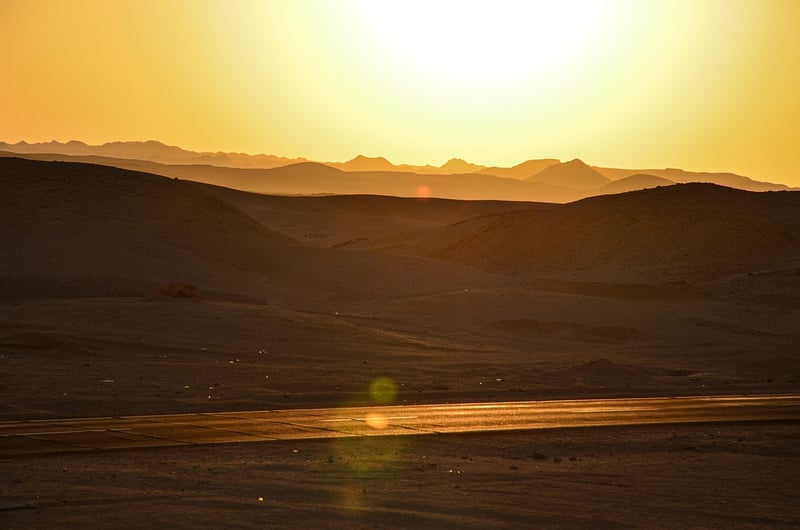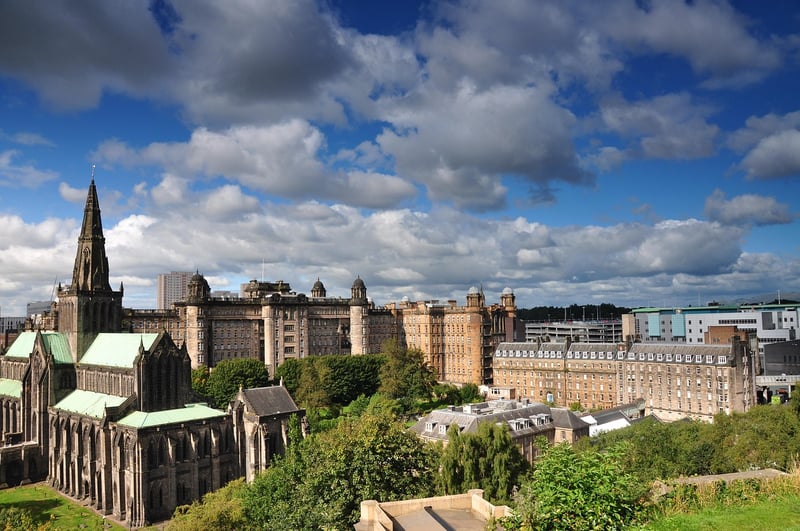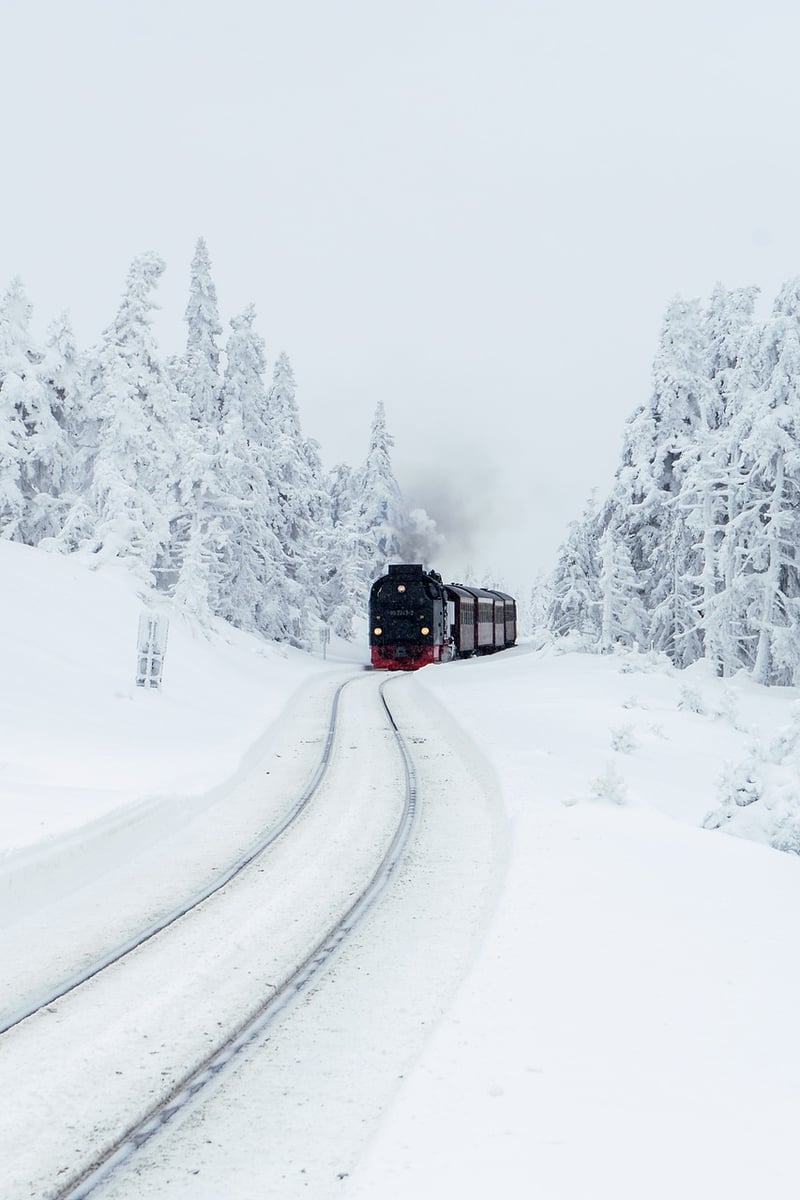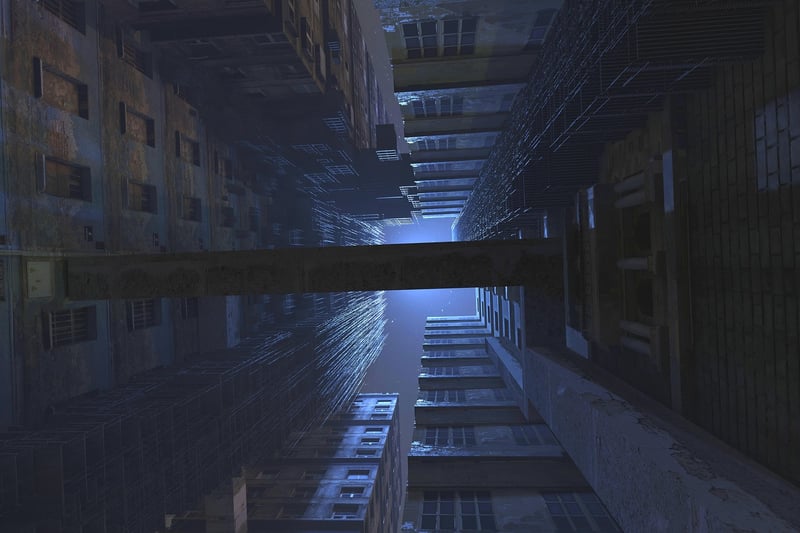Dystopian Futures
Exploring Different Eras and Dystopian Futures
Welcome to a journey through time where we delve into various historical eras and speculate about possible dystopian futures. From ancient civilizations to futuristic worlds, each period offers a unique perspective on society, culture, and the human experience.
Ancient Civilizations
Step back in time to explore the wonders of ancient civilizations such as the Egyptians, Greeks, and Romans. Marvel at the architectural achievements of the pyramids, the philosophical insights of Plato, and the military prowess of Julius Caesar. These societies laid the foundation for our modern world and left a lasting impact on art, politics, and religion.

The Middle Ages
Travel to the Middle Ages, a time of knights, castles, and feudalism. Experience the chivalry of King Arthur's court, the mystery of the Black Death, and the grandeur of Gothic cathedrals. Discover the struggles of peasants, the power of monarchs, and the influence of the church in shaping medieval society.

The Industrial Revolution
Witness the dawn of modernity with the Industrial Revolution, a period of rapid technological advancement and urbanization. From steam engines to factories, this era transformed economies, societies, and landscapes. Explore the impact of industrialization on labor, class relations, and the environment.

Dystopian Futures
Peer into possible dystopian futures where society has taken a dark turn. Imagine worlds dominated by oppressive governments, environmental collapse, or technological dystopia. Reflect on the consequences of unchecked power, inequality, and loss of humanity in these speculative futures.
Resources for Further Exploration
- For more on ancient civilizations, check out History.com.
- Explore the Middle Ages with resources from Medievalists.net.
- Learn about the Industrial Revolution at Britannica.
- Dive into dystopian literature with classics like George Orwell's "1984" and Aldous Huxley's "Brave New World".
